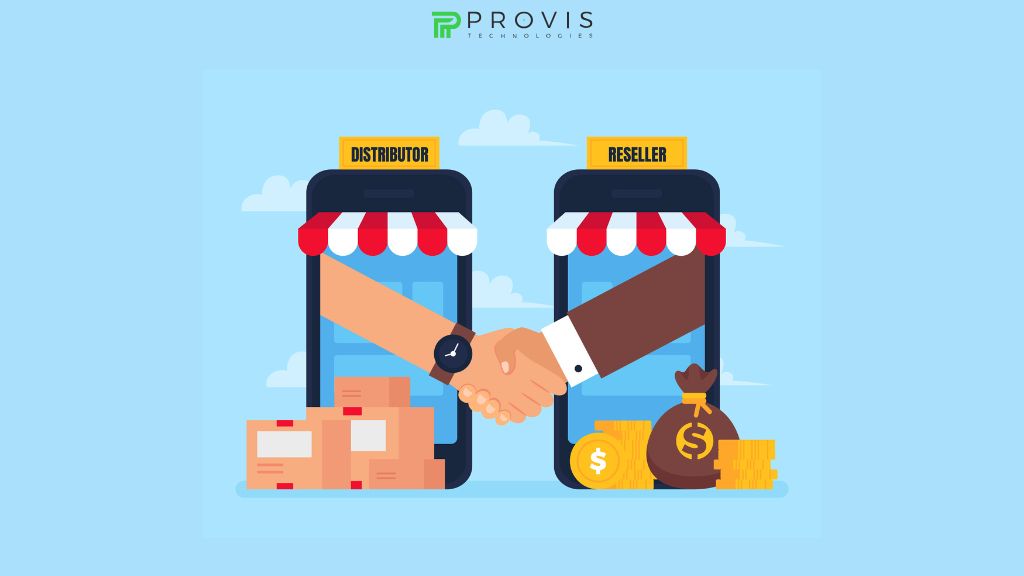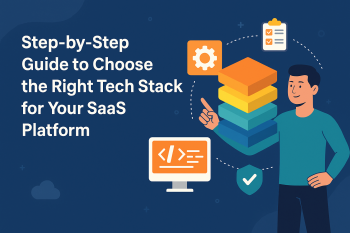Introduction
The B2B e-commerce landscape is evolving rapidly. With advancements in technology and shifts in buyer behavior, businesses must adapt to stay competitive. The year 2024 has brought significant changes, and keeping up with these trends is crucial for success.
This article highlights the most impactful B2B e-commerce trends shaping the industry and explains how businesses can leverage them to thrive.
Top B2B E-commerce Trends in 2024
1. Personalized Buying Experiences
B2B buyers now expect the same level of personalization they experience as consumers.
• AI-Driven Personalization: Tailor product recommendations based on browsing history.
• Customized Pricing: Offer client-specific pricing to build stronger relationships.
• Dynamic Content: Show relevant product catalogs to individual buyers.
2. Mobile-First Strategies
Mobile usage is skyrocketing in the B2B space.
• Mobile Apps for Ordering: Allow customers to place orders directly from their phones.
• Responsive Websites: Ensure seamless browsing across all devices.
• On-the-Go Analytics: Provide tools for customers to track orders and performance from anywhere.
3. Integration with Procurement Systems
B2B platforms now integrate with buyers’ procurement software.
• Seamless Ordering: Streamline purchasing by syncing with existing systems.
• Automated Reordering: Use past purchase data to automate regular orders.
• Efficient Workflow: Reduce manual errors with better system compatibility.
4. AI and Machine Learning
AI is transforming the way B2B e-commerce operates.
• Chatbots for Customer Support: Provide instant assistance 24/7.
• Demand Forecasting: Predict future needs to optimize inventory.
• Sales Insights: Use data analytics to identify upselling opportunities.
5. Sustainable Practices
Sustainability is becoming a priority in B2B commerce.
• Eco-Friendly Packaging: Appeal to environmentally conscious buyers.
• Transparent Supply Chains: Showcase ethical sourcing practices.
• Carbon Offset Programs: Allow buyers to offset their carbon footprint.
Technological Advancements Driving Trends
1. IoT in Supply Chain Management
IoT devices are improving supply chain visibility.
• Track shipments in real-time.
• Monitor inventory levels to avoid stockouts.
• Automate reordering processes based on IoT data.
2. Blockchain for Transparency
Blockchain ensures secure and transparent transactions.
• Smart Contracts: Simplify contract management.
• Product Traceability: Allow buyers to track product origins.
3. Augmented Reality for Product Demos
AR is reshaping how businesses showcase products.
• Use AR to provide interactive demos.
• Let buyers visualize machinery or tools in their environment.
Key Challenges in Adopting These Trends
1. High Implementation Costs
Integrating advanced technologies requires significant investment.
• Businesses should prioritize scalable solutions.
2. Resistance to Change
Many traditional B2B buyers are hesitant to adopt new systems.
• Provide training sessions to ease the transition.
3. Data Security Concerns
With increased digitalization comes the risk of cyberattacks.
• Invest in robust security measures, including encryption and firewalls.
Conclusion
The B2B e-commerce trends of 2024 emphasize technology, personalization, and sustainability. Businesses that embrace these shifts will not only meet customer expectations but also gain a competitive edge.
From mobile-first strategies to AI-driven insights, the future of B2B e-commerce lies in adopting innovative approaches. Stay ahead by investing in these trends and preparing your business for the evolving market landscape.
FAQs About B2B E-commerce Trends
1. Why is personalization important in B2B e-commerce?
Personalization enhances the buyer’s experience, builds trust, and drives repeat business.
2. How can AI improve B2B e-commerce operations?
AI streamlines processes like demand forecasting, customer support, and data analytics, making operations efficient.
3. Is mobile commerce relevant in the B2B space?
Yes, mobile solutions provide convenience for buyers to place and track orders anytime, anywhere.
4. What role does sustainability play in B2B e-commerce?
Sustainability appeals to environmentally conscious buyers and strengthens brand reputation.
5. How can blockchain benefit B2B transactions?
Blockchain offers secure, transparent transactions and enhances trust through traceability.
Written By
Author's Picks
- Chatbots in E-commerce: The Future of Customer Support is Here
- 30/09/2024
- How AI Integration is Changing E-commerce
- 16/11/2024
- Guide for Security Testing for Ecommerce Websites in 2025
- 01/05/2025
Categories
- AI for Startups
- AI in Web Development
- AI Integration
- AI Platforms
- AI Prompt
- AI Tools
- AI Trading Software
- Android App
- Android vs iOS Development
- Angular
- API
- API Development
- App
- app development
- App Idea
- App User Feedback
- Application
- Artificial Intelligence
- Audit Services
- Automotive Industry
- Awards and Recognition
- Business Consulting
- Business Website
- Chatbots
- CRM
- CRM for Financial Advisors
- Custom CRM
- Custom SaaS
- Custom Website
- Customer Service
- dashboard design
- Developing a Mobile App
- Digital Business
- E-commerce
- EMR Integration
- Finance
- Financial Advisors
- Financial Advisors
- GIT
- Health Insurance
- iOS App
- iOS App Development
- IoT Mobile App Development
- IoT Platforms
- IT Audit Services
- IT Consulting
- IT Strategies
- Java Development
- Laravel
- Lean Canvas
- Learning Management System
- Logistics Apps
- Mobile App Development
- MVP
- Native App
- News Aggregator Site
- OTT
- Outsourcing IT
- Payment Gateway
- predictive analysis
- Product Launch Strategy
- Progressive Web App (PWA)
- Prototype
- Recommender Systems
- Ruby
- SaaS
- SaaS Application
- SaaS Business
- SaaS Company
- SaaS Development
- SaaS Product
- SaaS Project
- Sales Funnel
- SEO
- Shopping Cart
- Software Development
- SSL and TLS
- Startup Checklist
- Technology
- Tetradic Color Scheme
- UI/UX Design Company
- Unit Testing
- User Flow
- User Testing
- Web Development
- Web Performance Optimization
- website Maintenance Services
- Website Migration Service
- Website Speed Optimization
- WooCommerce
- WordPress





